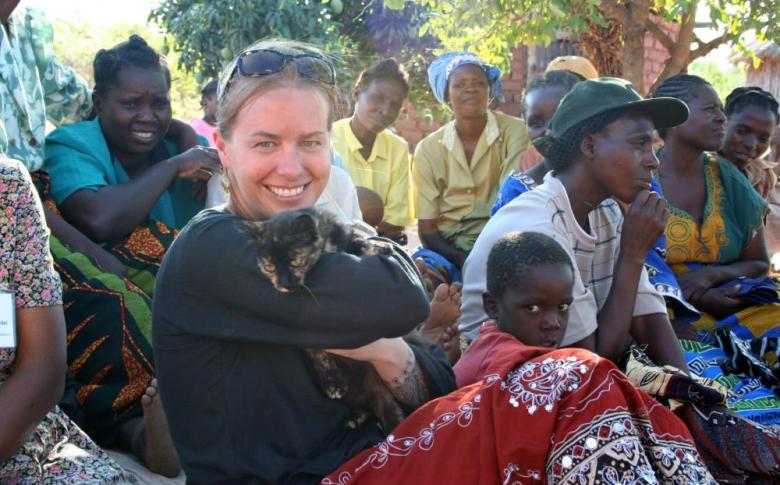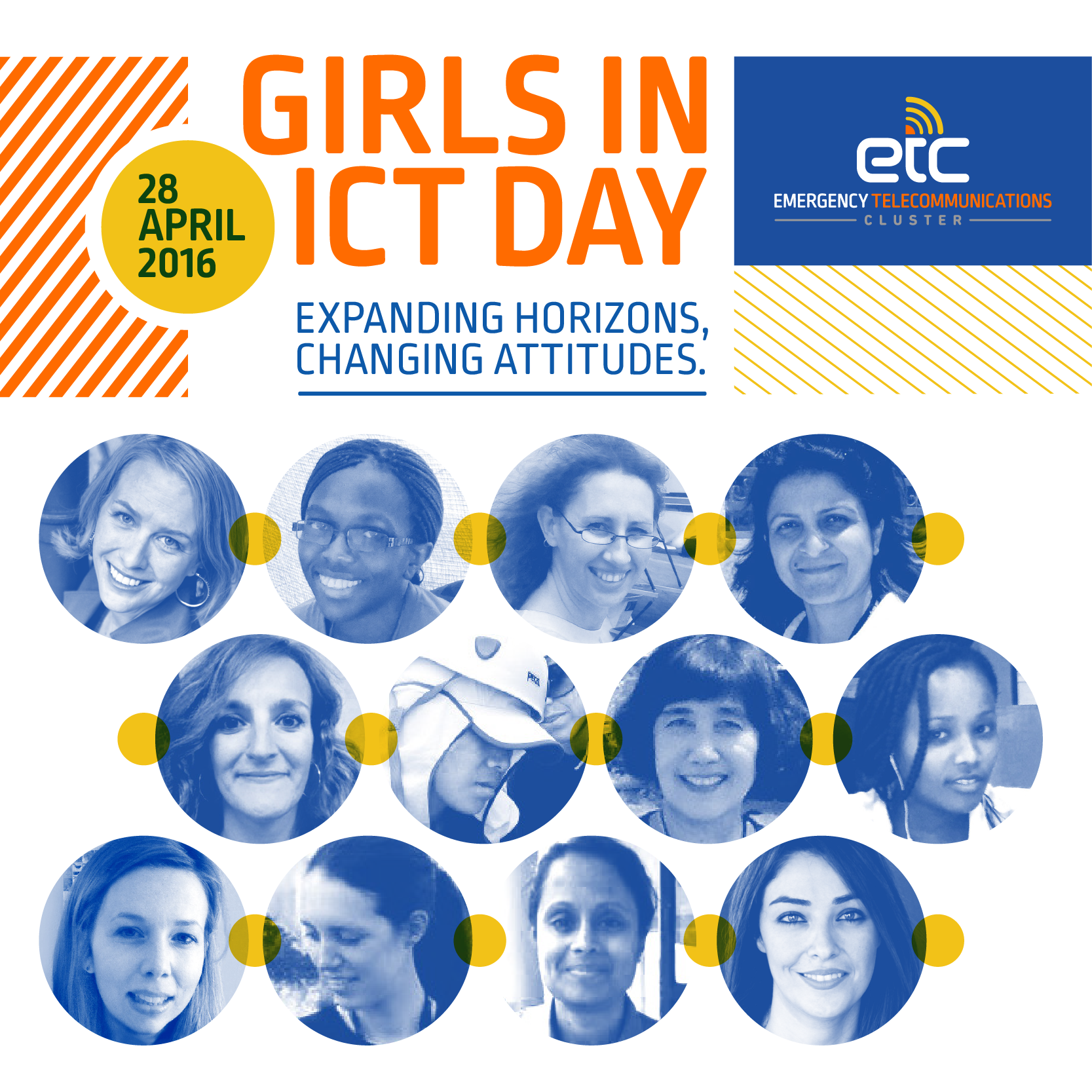
Revi Sterling - Deputy Chief of Party, NetHope

"I am fully dedicated to working within cultural bounds to make sure women have access to the very ICT that is changing the lives of the rest of the world."

What is your current role?
I am the Deputy Chief of Party for the Global Broadband and Innovations effort, which is a joint NetHope and USAID collaboration to bring access and relevant applications to underserved communities. I manage the applications portfolio, which includes gender equity programming, such as the Women and the Web Alliance.
Having spent 20 years focusing on gender and technology issues first in a high-tech context, then in an academic one, I jumped at the opportunity to work on this critical development issue from a government and NGO perspective, with the hope that these two vehicles would help me scale gender efforts.
How did you come to work in ICT?
I have always worked in ICT – my first job out of college was the midnight shift at an internet service provider, writing scripts to automate user registration – this was in 1994. From there, I went on to a program manager and web developer position at Microsoft, where I was able to also address gender equity not only at the company, but in the academic and larger professional pipeline.
What do you like the most about working in ICT?
I love that it is always changing – the things we could not do three years ago are possible now. Tech is less limited than other industries in that so much is yet to be done, and when we hit barriers in hardware or software or policies, tech also enables us to create work-arounds and rewards creative thinking. It’s a perfect blend of right and left brain thinking, and as it underlies so many other industries and activities, it’s a critical piece of today’s infrastructure – so we have to get it correct now while planning for the next wave of challenges to solve. That’s exciting to me.
What challenges do you face as a woman in ICT?
As I get older – I’m 42 now – there is less of a credibility gap than I used to face. But certainly, in my 20s and into my 30’s, there was a prevailing attitude that young women could not be as good in tech as men, or were quota admits/hires, or were just oddities. This is changing more and more with amazing organizations like the Anita Borg Institute and the National Center for Women and IT, as well as all the universities who have focused on changing the culture – but not the rigor – of computer science and IT departments. However, in any part of the world where more conservative views of gender roles prevail, it is almost impossible for girls to pursue a technical path – even when the case for professional and financial advancement is presented to the family. Today, three states of 29 in India – the world’s largest democracy – have banned the use of cell phones by unmarried women because technology is seen as such a threat to the traditional moral fiber and gender roles in these states. This is only the latest in a long list of bans and injuries/deaths against women for using technology, around the world. How can technology be such a good thing and such a threatening force at the same time? This is what I am fully dedicated to resolving, working within cultural bounds to make sure women – over half the world’s population – have access to the very ICT that is changing the lives of the rest of the world, let alone become women in ICT.
What message do you have to encourage girls and young women considering careers in ICT?
I came into ICT from being an English major – I started creating online ‘Zines and interactive poetry websites, and then wanted to learn how this new internet thing worked. When I hear young women say that they don’t need ICT skills because they want to be a fashion designer or be an architect or work to fight climate change, I think – you will use software to create custom textiles, you will want to take advantage of 3-d printing to do your models, and you will need the remote sensor network to get environmental data right at the source. If you have a solid background in ICT, you can create the tools that don’t exist but that you need. ICT is, more than ever now, a universal skillset that you can take into any field.
| I created a technology system about 10 years ago that let women who were off the cellular and electric grid communicate with each other and with the community-based radio station, which broadcast in their local language. Most people I know said that this was a silly effort – helping a few hundred women with a custom piece of hardware that would soon be outdated and unnecessary when cell phones came to the villages. My take was, and remains, that there is no need to tell people to “wait” to be part of the Information Society when there are ways to do it right now. In the ten years that women have had these devices (cell phones are just now gaining popularity there but are out of the cost and network range of most), they have taken on, in radio shows, such issues as female genital mutilation, witchcraft, women’s rights, and HIV/AIDS. People are hungry to talk and to learn – we as ICT professionals should not only enable this where it’s easy. |
Revi Sterling
Deputy Chief of Party, NetHope
USA

For International Girls in ICT Day 2016, the ETC celebrates women from across the network who ignore the stereotypes to not only pursue their passion in ICT, but to help the lives of others.
Through the stories and the words of these women, the ETC network supports the global Girls in ICT movement, encouraging girls and young women to pursue studies and careers in ICT.
Celebrated on the 4th Thursday in April every year, International Girls in ICT Day is an International Telecommunications Union (ITU) initiative backed by all ITU Member States, that aims to create a global environment that empowers and encourages girls and young women to consider careers in the growing field of information and communication technologies (ICTs).
